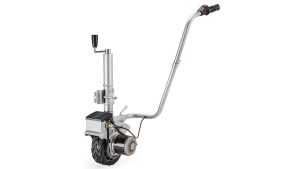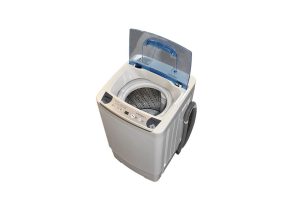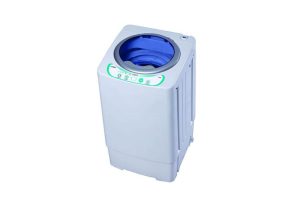When it comes to outdoor adventures, safety should always be a top priority. This is where personal locator beacons (PLBs) come in, as they can help rescuers locate you in case of an emergency. But what happens if you’re traveling abroad and need to use your PLB? Will it work internationally? In this article, we will explore the international capabilities of personal locator beacons.
What is a personal locator beacon?
First, let’s define what a personal locator beacon is. A PLB is a small, handheld device that can transmit a distress signal via satellite to rescue authorities. This signal includes your location, allowing rescuers to quickly locate you in case of an emergency. PLBs are typically used for outdoor activities such as hiking, camping, and boating.
How do personal locator beacons work internationally?
Most personal locator beacons use satellite communication systems to transmit signals, such as the Global Positioning System (GPS) and the International Cospas-Sarsat Programme. These systems are global and can work anywhere in the world. This means that your personal locator beacon should work internationally as long as it can establish a clear line of sight with the satellites.
However, it’s important to note that there are some exceptions to this rule. Some countries have restrictions or regulations around the use of satellite communication devices. It’s important to check the local regulations before using your PLB in a foreign country. You can consult with the embassy or consulate of the country you’re visiting for more information.
Compatibility with international search and rescue organizations
In addition to satellite communication systems, PLBs also work with international search and rescue organizations. The International Cospas-Sarsat Programme is a global network of search and rescue satellites and ground facilities. When a personal locator beacon sends a distress signal, it is received by the nearest satellite and forwarded to the appropriate ground facility. From there, the signal is relayed to the appropriate rescue authorities in the area.
The International Cospas-Sarsat Programme is recognized by search and rescue organizations worldwide, including the United States Coast Guard, the Royal Canadian Mounted Police, and the Australian Maritime Safety Authority. This means that if you activate your PLB in a foreign country, it will still be recognized by search and rescue organizations in that area.
Language barriers
While personal locator beacons can work internationally, language barriers can sometimes pose a challenge. If you need to activate your PLB in a foreign country, it’s possible that the rescue authorities may not speak your language. This can make it difficult to communicate important information such as your location and the nature of your emergency.
To overcome this challenge, some PLBs come equipped with multiple language options. This can help ensure that rescuers can understand your distress signal and provide the necessary assistance.
Costs and fees
Another factor to consider when using a personal locator beacon internationally is the cost. Some satellite communication systems may charge additional fees for international use. This can include roaming charges or subscription fees. It’s important to check with your PLB provider to understand the costs associated with international use.
In addition, some countries may charge fees for search and rescue services. This can include costs for transportation, medical care, and other expenses. It’s important to understand the local regulations and fees before using your PLB in a foreign country.
Conclusion
Personal locator beacons can be a lifesaving device for outdoor enthusiasts, and they can work internationally as long as they can establish a clear line of sight with the satellites. However, it’s important to understand the local regulations and fees associated with PLB use in foreign countries. By doing so, you can help ensure that you are prepared for any emergency that may arise during your international adventures.






